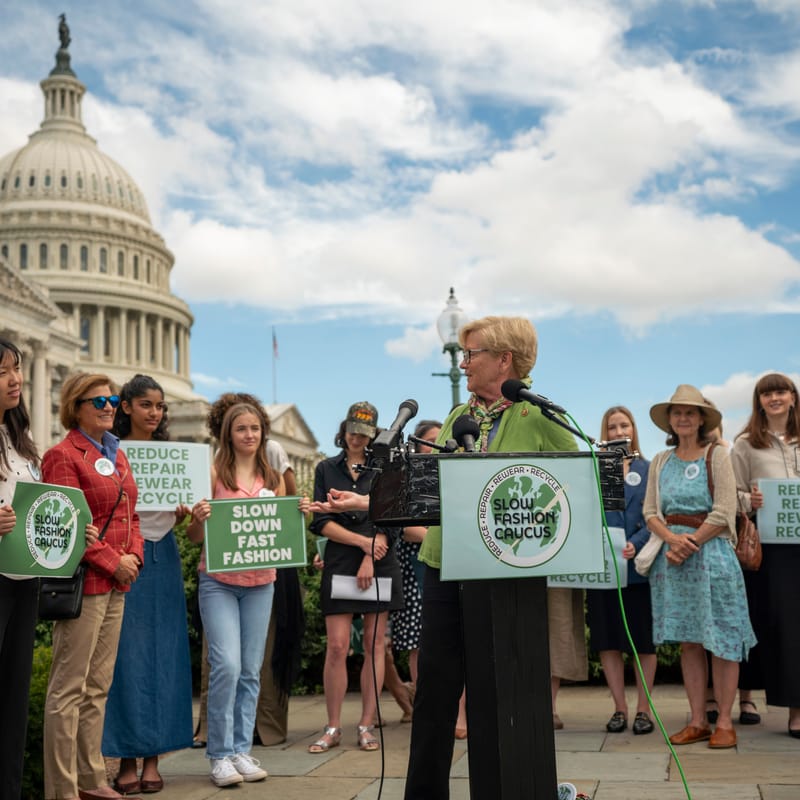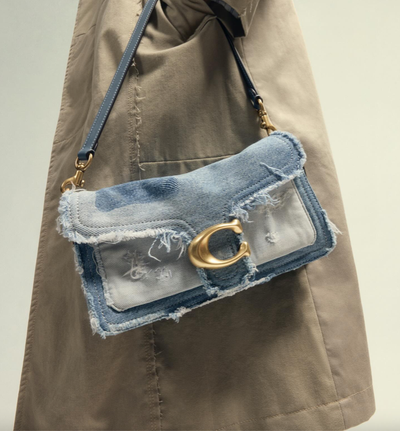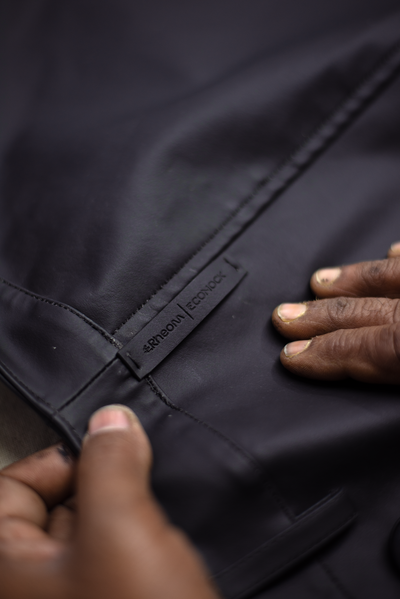In a groundbreaking move to address the environmental and social challenges posed by the fast fashion industry, US Congresswoman Chellie Pingree (D-Maine), along with Representatives Marie Gluesenkamp Perez (D-Wash.) and Sydney Kamlager-Dove (D-Calif.), launched the Congressional Slow Fashion Caucus. This new initiative aims to promote sustainable practices and curtail the detrimental effects of fast fashion through innovative, climate-smart policies.
At the Capitol Hill press conference, joined by industry leaders from Patagonia, ThredUp, and the Garment Worker Center, Pingree, who chairs the Caucus, underscored the urgency of the initiative. "For too long, the fast fashion industry has been allowed to pollute our planet, exploit workers, and mislead consumers. Textile waste is now one of the fastest-growing waste streams in the U.S., with emissions exceeding those from international flights and maritime shipping combined," said Pingree. "The Slow Fashion Caucus signals a new era in the fight against climate change. We are committed to fostering a culture of reusing, repairing, rewearing, and recycling."
Representative Gluesenkamp Perez highlighted the economic and health benefits of slow fashion. "High-quality, durable clothing supports American families and protects our health from harmful chemicals found in disposable garments," she noted, advocating for a shift towards natural, long-lasting materials like wool.
Echoing the call for sustainable fashion, Congresswoman Kamlager-Dove celebrated California's leadership in setting green fashion trends and expressed enthusiasm for national policies supporting ethical and eco-friendly practices.
Industry supporters praised the initiative, with Patagonia’s Rebecca Goodstein calling for a national movement towards durable, sustainable products and ThredUp’s Alon Rotem emphasising the need for policy-driven acceleration towards a sustainable fashion future.
As the Slow Fashion Caucus begins its work, it aims to advance legislation that incentivises the apparel industry to adopt circular economy practices and revives American textile manufacturing, positioning the U.S. as a leader in sustainable fashion.
For further details on the Slow Fashion Caucus and its objectives, read the full press release here.






